Awards May 18, 2015
Business Lessons From The TED Conference
What type of future do business leaders have to look forward to? The 2015 TED conference revealed interesting (and, even shocking) predictions from some of the world’s most notable visionaries.
Wearables technology that helps deaf people “hear,” settling on Mars and cloning human minds were just some of the hot topics that were explored at March’s TED Conference in Vancouver. The annual conference, which features a wide range of speakers from all over the world, focuses on the latest innovations in technology, education and design.
Counselor was on the scene to capture the talks. Read on for some of the highlights.
“Think Young, Hire Young”
Want the key to designing and offering a product that people will use and seek out? “Think young,” said Tony Fadell, who created the iPod with Steve Jobs and now is the CEO of Nest, the company that created the “smart” thermostat for the home.
In his TED talk, the product designer said that he and his employees fight every day against the tendency toward habituation – humans’ tendency toward getting used to everyday patterns or behaviors, even if they aren’t useful. One example: We get used to peeling off the annoying stickers on fruit like bananas so much that it’s become second nature. We may not like peeling off the stickers, but we’ve become resigned to doing so.
Fadell said the trick for product designers is to try to view their product every day “for the first time,” so that they can uncover invisible problems and solve them. He offered up a few tips to try to avoid habituation.
First, focus on the details. When he first created Nest, Fadell said, he and his team members literally spent months agonizing over designing a tiny, custom-made screw that would make installing the home thermostat much easier. Though this process took a long time, he said, the result was met with rave reviews by users.
Next, add younger staff members to your company and let the youthful approach permeate your organization. Fadell said young people (his own kids included) often ask questions that adults would never dream of, like “Why doesn’t the mailbox just check itself and tell us when it has mail?”
Young people, he said, are less exposed to everyday problems, so they often think more creatively. “Have people with young minds on your team,” he said, and hire as many young people as you can. “We all saw the world more clearly before habits got in the way,” he said.
Automotive Revolution
Why do cars crash? It’s simple: because people drive them. Case in point: “In 1885, Carl Benz invented the automobile,” Chris Urmson, director of self-driving cars at Google, told the TED audience. “A year later, he took it out for a test drive and, true story, promptly crashed it into a wall.”
In his talk, Urmson, a roboticist, explained why Google is quickly moving ahead with fully self-driven cars rather than ones that are driver-assisted. “For years, we’ve been working around the least reliable part of the car: the driver,” he said, noting that annually 1.2 million people are killed in car accidents around the world; 33,000 in the U.S. alone.
In simulations in driver-assisted cars using Google employees, Urmson said, “human error frequently played a part.” In one situation, a driver noticed that his phone battery was running low and rummaged around in the back seat to find his charger while the car was driving down the freeway at full speed.
By contrast, Urmson showed the audience how Google’s driverless cars are learning to anticipate and handle all types of unexpected situations, from a tow truck suddenly flipping to a woman chasing ducks through the street in a wheelchair. “The better the technology gets, the less reliable the driver’s going to get,” he said.
Driverless cars will also reduce traffic and give commuters valuable time back, according to Urmson. He estimates that about six billion minutes are spent commuting every day. “You take that six billion minutes and you divide it by the average life expectancy of a person, that turns out to be 162 lifetimes just wasted by commuting,” he said.
So, when will self-driving cars be readily available? It could be sooner than you think. Urmson has an 11-and-a-half-year-old son who will be eligible to drive in less than five years. “My team and I are committed to making sure that doesn’t happen,” he said.
Mars, Accessible
“Strap yourself in. . .we’re going to Mars,” technology forecaster Stephen Petranek told the TED audience. And not way, way in the future. By 2027, to be exact.
That’s sooner than NASA and some other experts predict. But because of private companies like Elon Musk’s Space X, which is determined to fly humans to Mars by 2025, Petranek says governments are “no longer in control of the game. Private companies are leaping into space and they will be happy to take you to Mars.”
Of course, there will be challenges, he said. Rockets like Space X’s will take settlers eight months to get there (Mars is a 25-million-mile jaunt), and that’s only if they launch on a specific day every two years, when Mars and Earth align. But once there, human life is possible, with some adjustments. To live, humans will need water (Mars’ soil is 60% water and has huge reserves underground), oxygen (which can be obtained with a device called Moxie), food (which can be grown using hydroponics) and shelter (using bricks made from Martian soil.) And, we’ll need pressurized suits to live there comfortably.
“We’ll be left with the problem of creating a breathable atmosphere, and that could take a thousand years,” Petranek said. “But humans are smart and incredibly adaptable.”
Indeed, thousands of people throughout the world have already volunteered or signed up for various programs to re-locate to Mars, so many that Petranek believes that there will be about 50,000 people on Mars by 2050. And entrepreneurs will be among them.
“Someone will open a restaurant, someone will start an iron foundry, some idiot will start a reality show, there will be hotels, there will be bars,” he said. “It will be the most disruptive event of our lifetime – and the most exciting. Many of your children will live on Mars, I promise you.” Email: mligos@asicentral.com;Twitter:@ASI_Melinda
Ted Wisdom
A selection of notable quotes from speakers at this year’s TED conference.
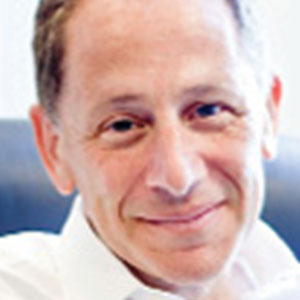
“We’re in a creativity crisis. The dialogue among politicians, scientists and technologists isn’t happening in Washington.” – David Rothkopf, foreign policy strategist
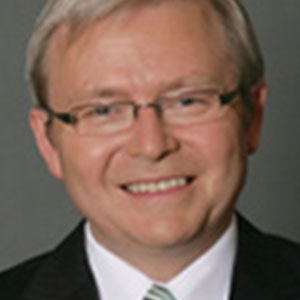
“China will be the largest economy in the world in the next decade. If you don’t think that’s going to affect the rest of the world, then you’ve been smoking something.” – Kevin Rudd, international relations expert
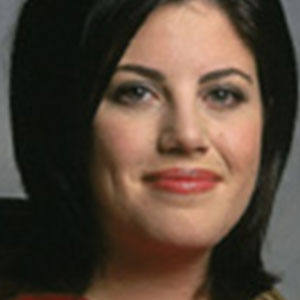
“Public shaming as a blood sport has to stop. Just imagine walking a mile in someone else’s headline.”– Monica Lewinsky, social activist
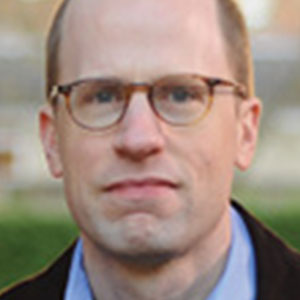
“By 2040, machines will be able to learn 50% as well as humans.” – Nick Bostrom,philosopher
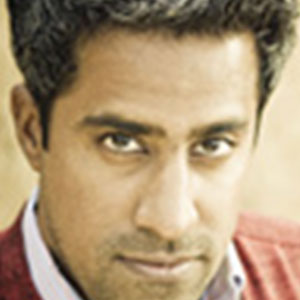
“America is simultaneously the most and the least successful country in the world – the affluent and the impoverished. If you live near a Whole Foods, if you’re paid by the year rather than the hour, accept the possibility that you may be part of the problem.”– Anand Giridharadas, author

"You can always tell successful women from the shape of their heads – they’re flat on top from being patted patronizingly.”– Dame Shephanie 'Steve’ Shirley, philanthropist
Sponsored Content

Increase Productivity And Enhance Your Customer’s Brand
ANTI-FATIGUE Anti-fatigue mats are a great solution for a variety of applications....
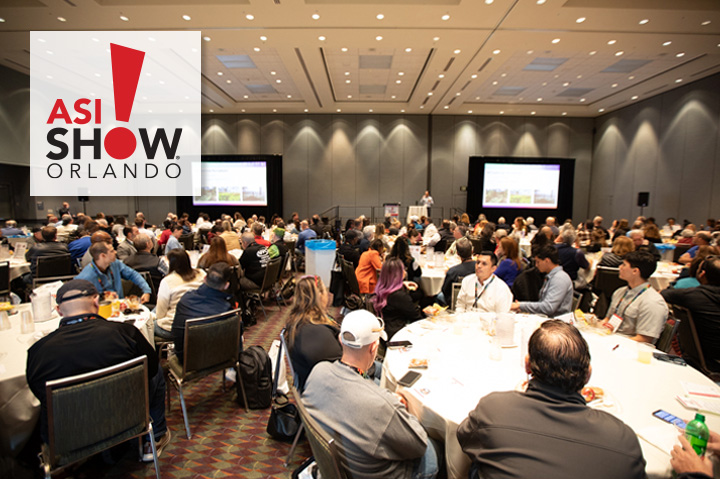
The Perfect Banner For Every Situation
To close a sale, you need to direct your client to the perfect solution for their...
SPONSORED BY:
Wholesale Banners Online

5 Terms That Will Increase Your Performance Workwear Sales
When you present workwear, buyers want to hear how the apparel will perform on the...




